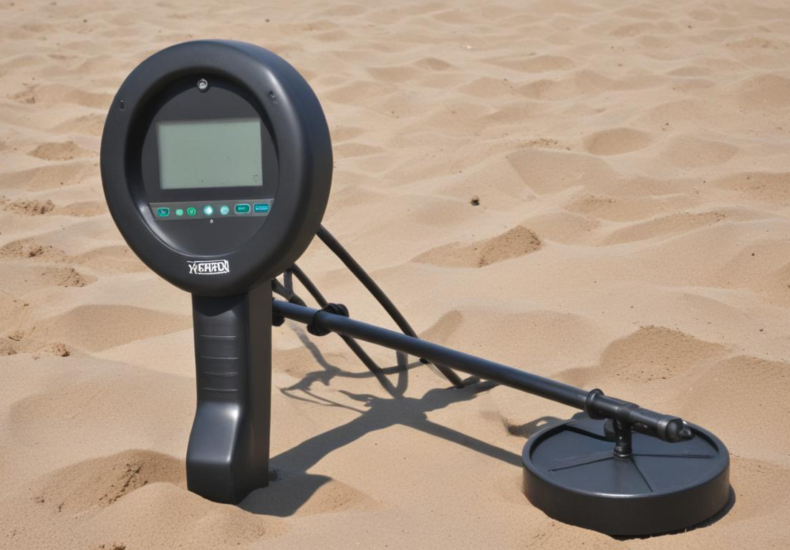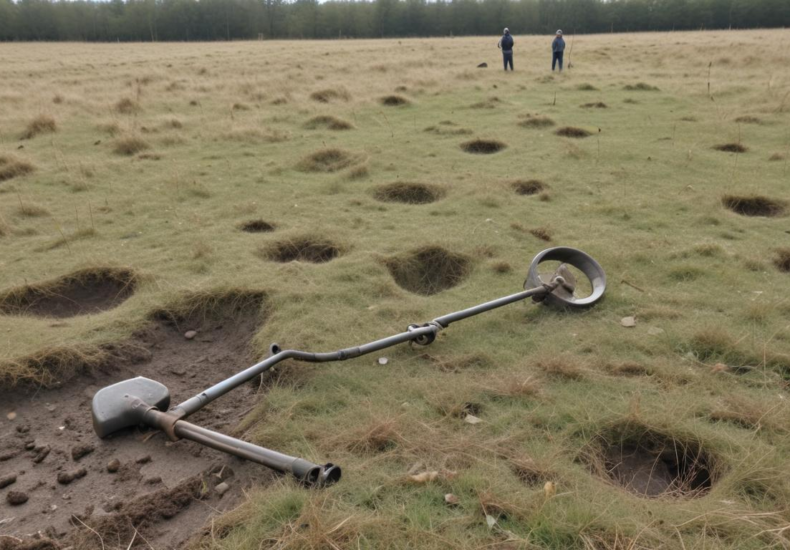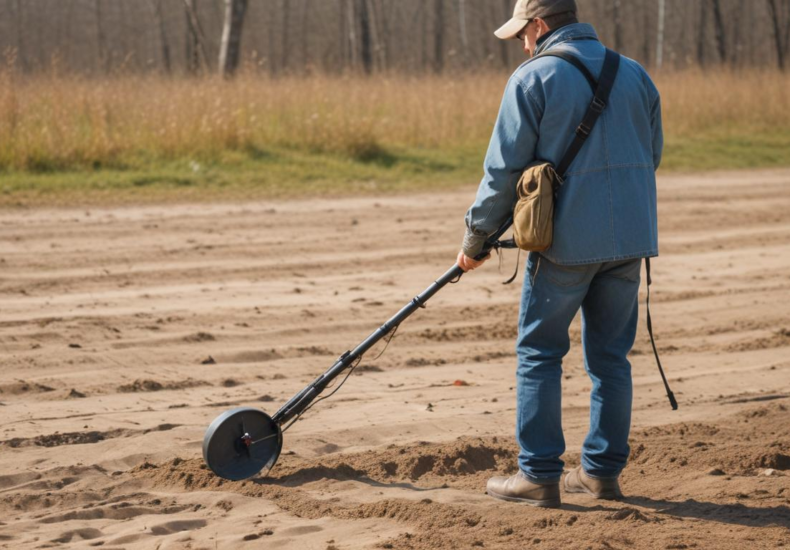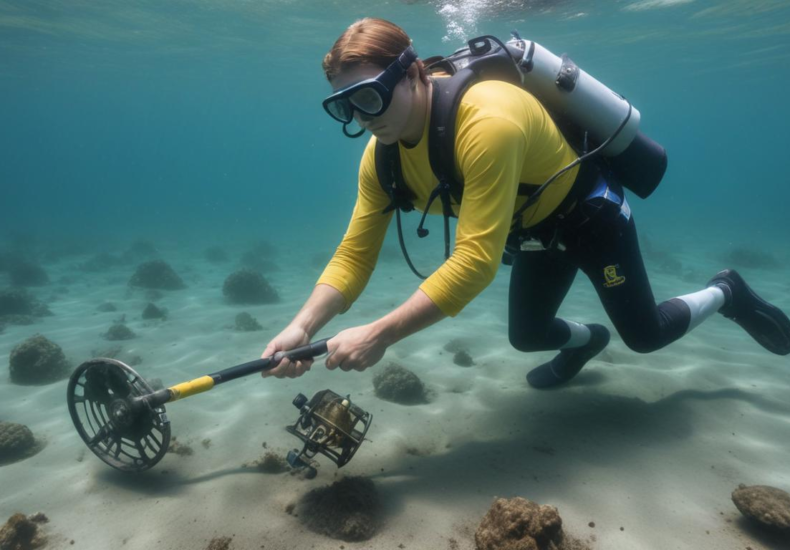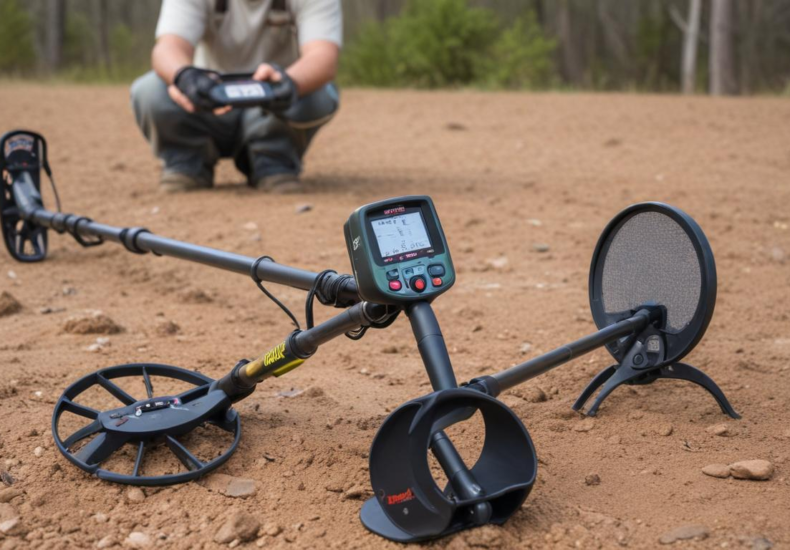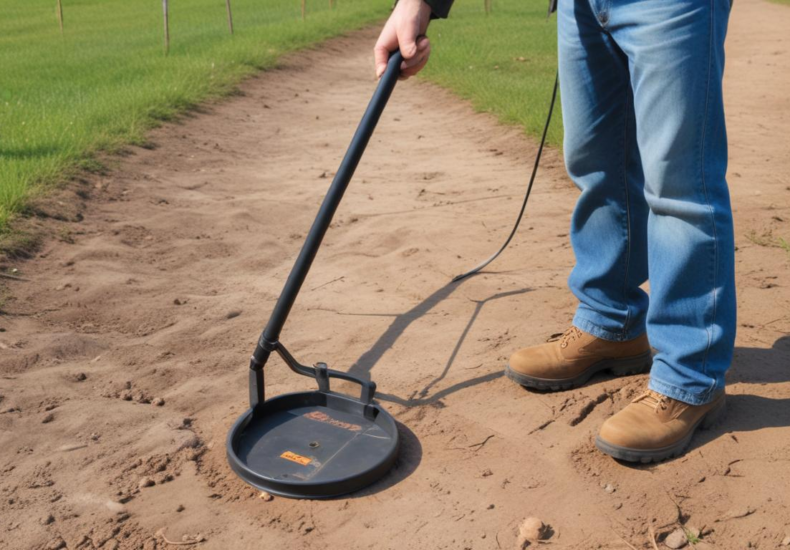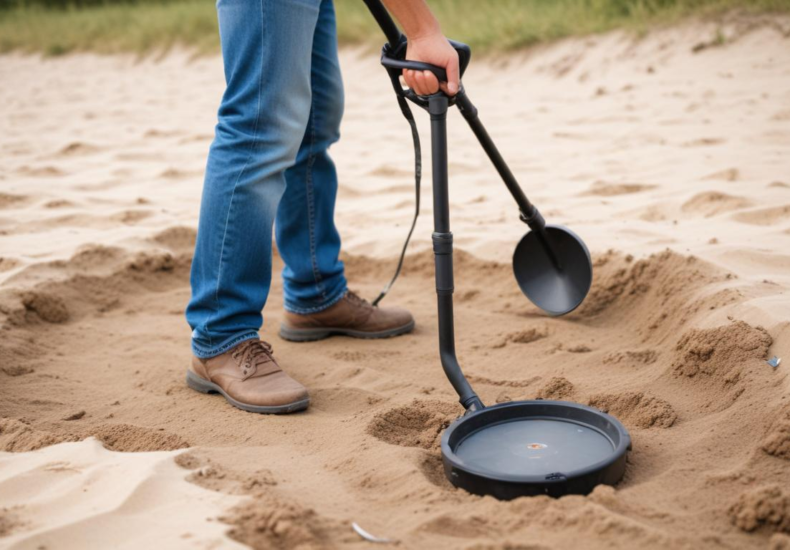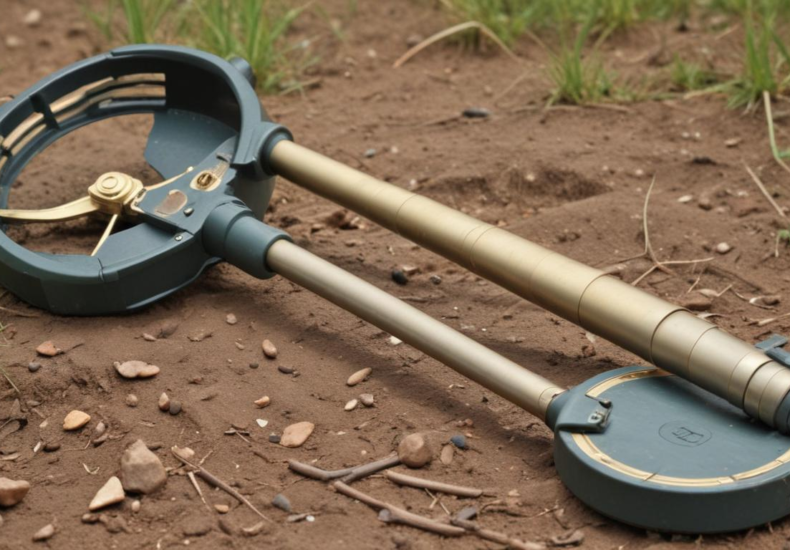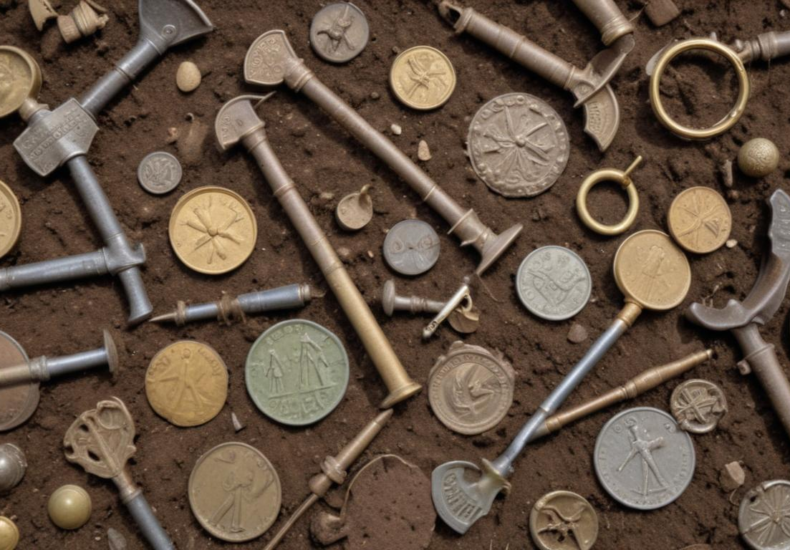Month: April 2025
Top beginner mistakes with metal detectors
Navigating the nuances of metal detecting is crucial for beginners to avoid common pitfalls and optimize their treasure-hunting experience. From selecting the right detector for specific environments to mastering the art of ground balance and signal interpretation, each step is critical. Additionally, understanding appropriate digging techniques ensures both the preservation of valuable finds and minimal disruption to the detection sites. By investing time in learning these aspects, novice metal detectorists can significantly enhance their efficiency, enjoyment, and success in the field.
Metal detecting near old battlefields
Exploring old battlefields through relic detection opens a window to the deep connections and stories buried in these historical sites. Each unearthed artifact, from uniform buttons to musket balls, reveals untold stories of valor, strategy, and personal hardship, enriching our understanding of past military conflicts. However, the pursuit of these relics comes with great responsibility, requiring a balance between personal enthusiasm and ethical adherence to laws designed to protect these sacred grounds.
Reasons your metal detector might be beeping randomly
Discover why your metal detector might be beeping randomly, a common issue stemming from environmental factors, sensitivity settings, and potential interference sources. Learn about the role of mineralized soils, nearby metallic objects, and electromagnetic fields in causing detector disturbances, along with practical tips to troubleshoot and fine-tune your device for optimal treasure hunting.
Using a metal detector for underwater treasure hunting
Choosing the right metal detector for underwater exploration is essential for success in uncovering submerged treasures. Not all detectors are suited for the same conditions; freshwater seekers often benefit from Very Low Frequency (VLF) detectors, while saltwater explorers see greater results with Pulse Induction (PI) systems. Understanding these tools, including how to manage settings like ground balance and considering ergonomic designs for comfort during long dives, can significantly impact your treasure hunting effectiveness. Dive deeper into the nuances of selecting a metal detector tailored for underwater environments to ensure both heightened sensitivity to hidden objects and durability under the sea.
Garrett vs Minelab: which metal detector brand is better
Exploring the unique technological perspectives of Garrett and Minelab reveals their distinct approaches to metal detecting. Garrett appeals with user-friendly, cost-effective models ideal for versatile environments, while Minelab excels with advanced, high-tech detectors, perfect for challenging conditions and specialized searches. Each brand tailors its offerings to specific user needs, striking a balance between simplicity and sophisticated technology, impacting the choice based on terrain, budget, and detection goals.
Using a metal detector to find property markers
Metal detectors are instrumental in uncovering property markers hidden by overgrowth or sediment, ensuring the precision of property boundaries for legal and developmental purposes. The choice of detector and preparation are vital in the efficient and non-invasive location of these critical markers, minimizing potential disputes and maintaining accurate property documentation.
Can you make money with a metal detector?
Metal detecting merges the allure of treasure hunting with the rigor of historical investigation and outdoor adventure, providing more than just the excitement of discovery. From understanding the intricate technology behind metal detectors to selecting the perfect location, this activity demands both patience and strategy. Whether scouring beaches, parks, or historic battlefields, each environment offers unique challenges and opportunities. Delve into how metal detecting spans beyond mere hobby to a nuanced skill that balances historical intrigue with potential financial gain.
How to start metal detecting as a retirement hobby
Metal detecting—an enriching retirement hobby—combines exploration, technology, and history. Learning effective techniques and choosing the right type of metal detector are key for seniors, whether searching beaches or parks, aiming for comfort and efficiency. Navigating legal and ethical aspects is equally essential to make the most of this adventure while respecting the environment and local regulations.
Best metal detectors for relic hunting
Exploring the depths of history with a metal detector requires more than just passion; it demands the right technology. Understanding the different types of metal detectors—Very Low Frequency (VLF), Pulse Induction (PI), and Multi-Frequency (MF)—and their unique capabilities can significantly enhance your relic hunting success. Delving into each type’s strengths, from discrimination abilities to depth penetration, can help you unearth treasures ranging from Civil War artifacts to ancient coins. Choosing the ideal metal detector involves assessing features like ground balance, detection depth, and sensitivity controls, vital for optimizing your searching efficiency in diverse terrains and conditions. Discover the sophisticated technologies and strategic considerations that arm you for historical adventures beneath the surface.
How to identify your metal detecting finds
Mastering the identification of metal detecting finds involves differentiating various metals and alloys such as iron, copper, silver, gold, and lead, each with unique properties and decay patterns. By applying tools and techniques like magnifying glasses and portable metal analyzers, enthusiasts can delve into historical contexts, accurately date artifacts, and significantly contribute to the exploration of past civilizations. Understanding and employing these methods can transform simple items into profound historical narratives.
